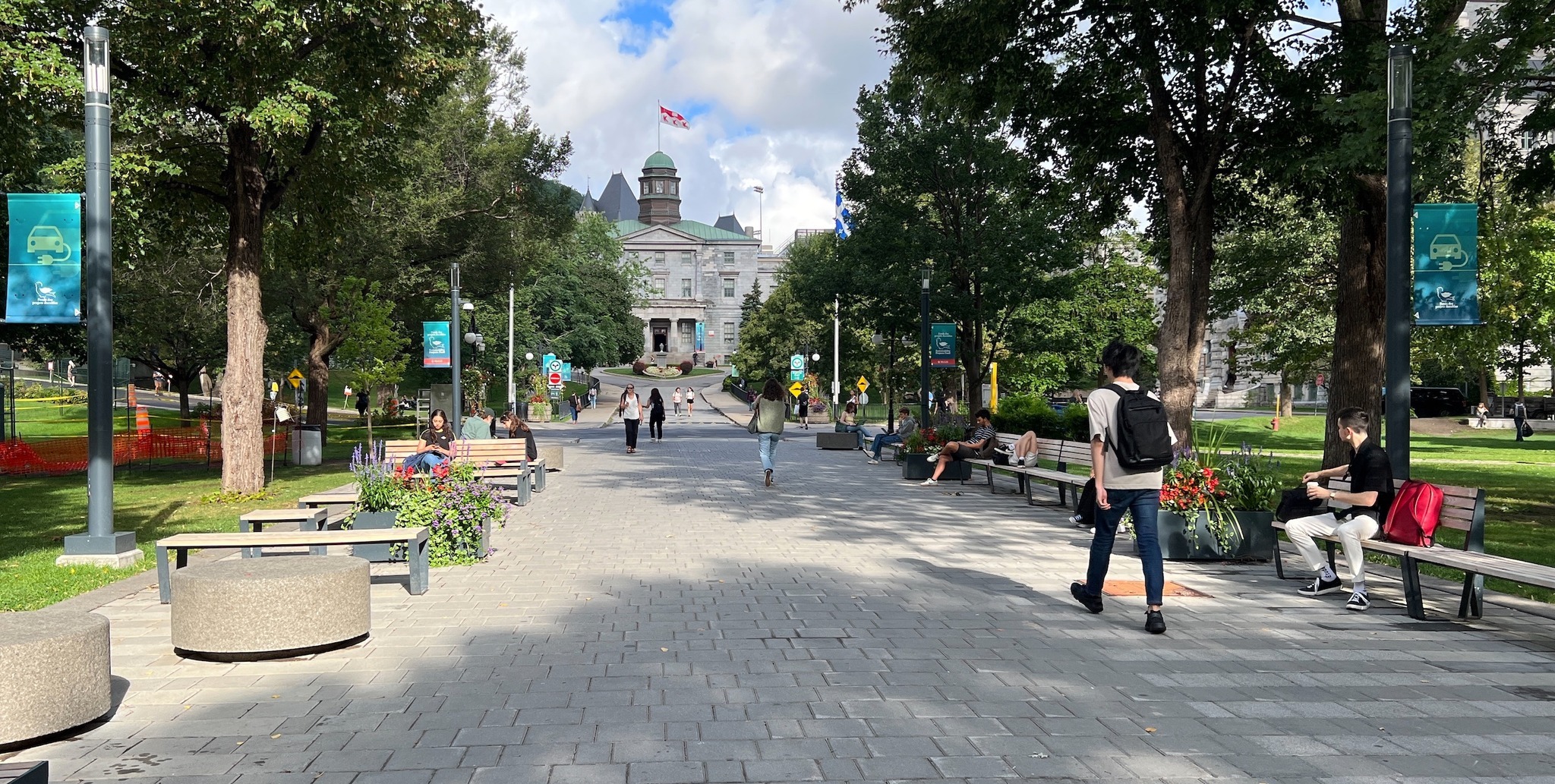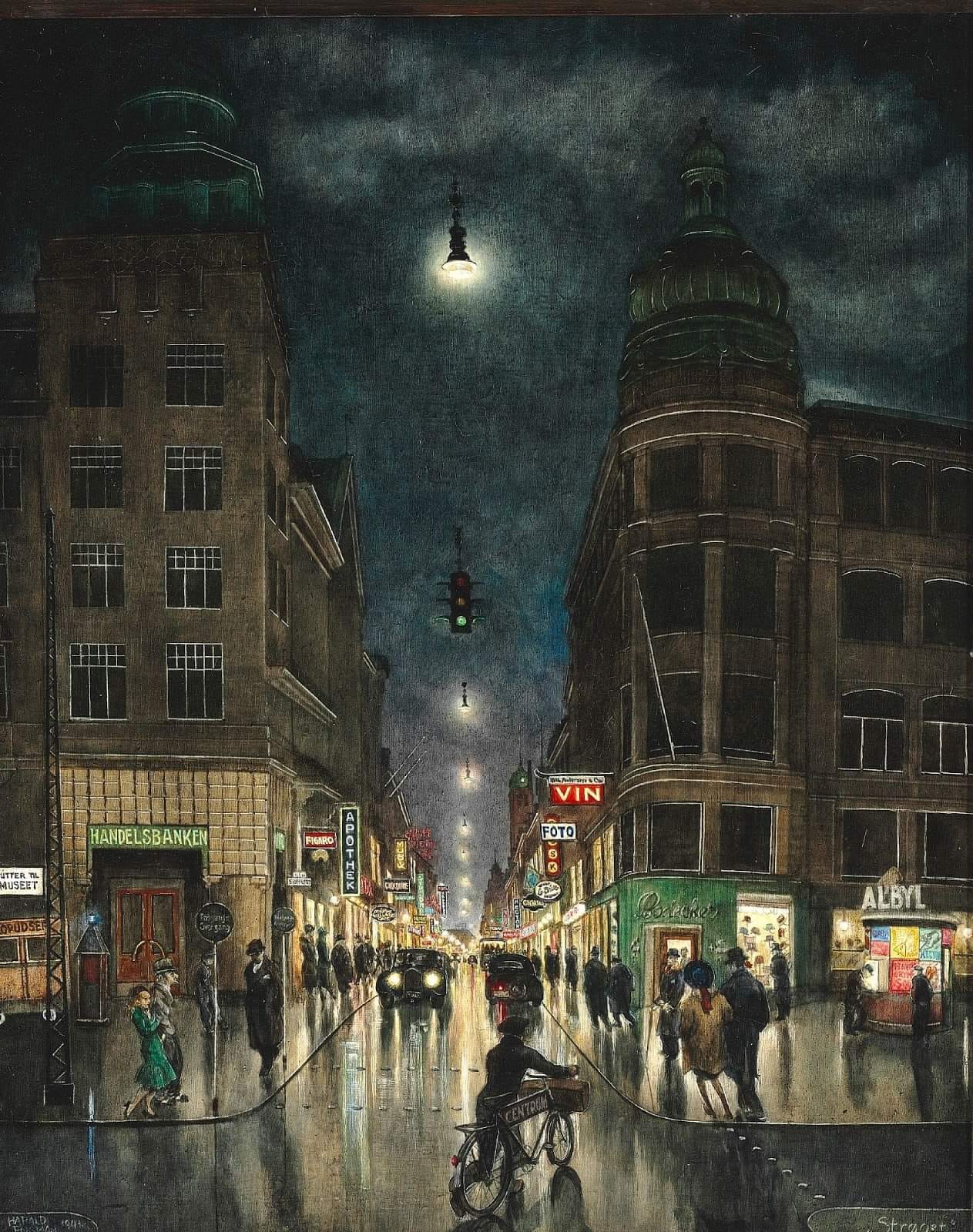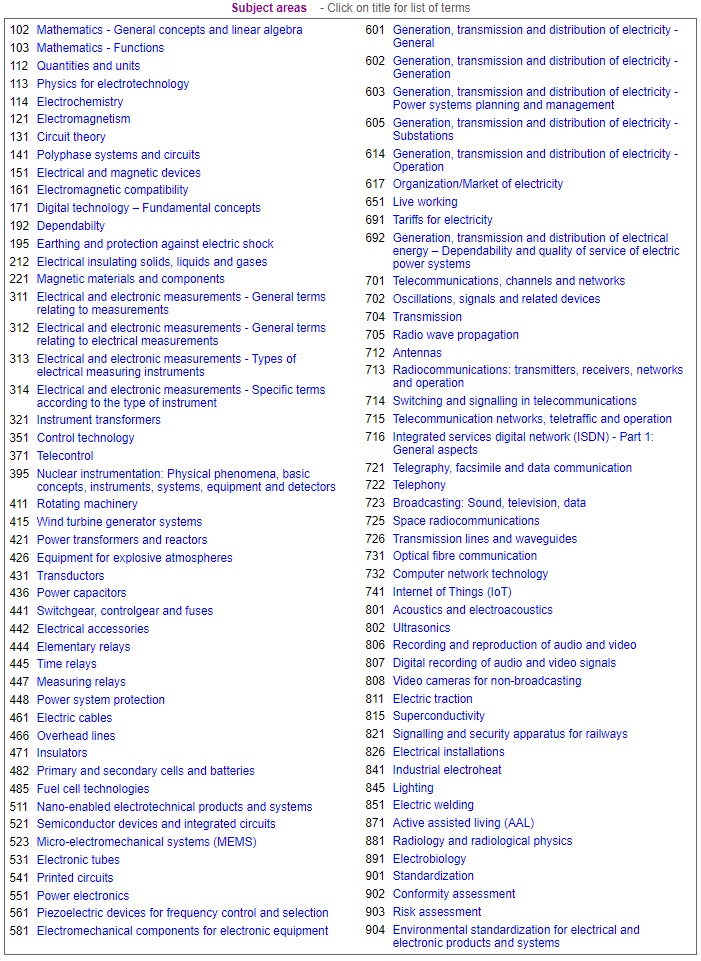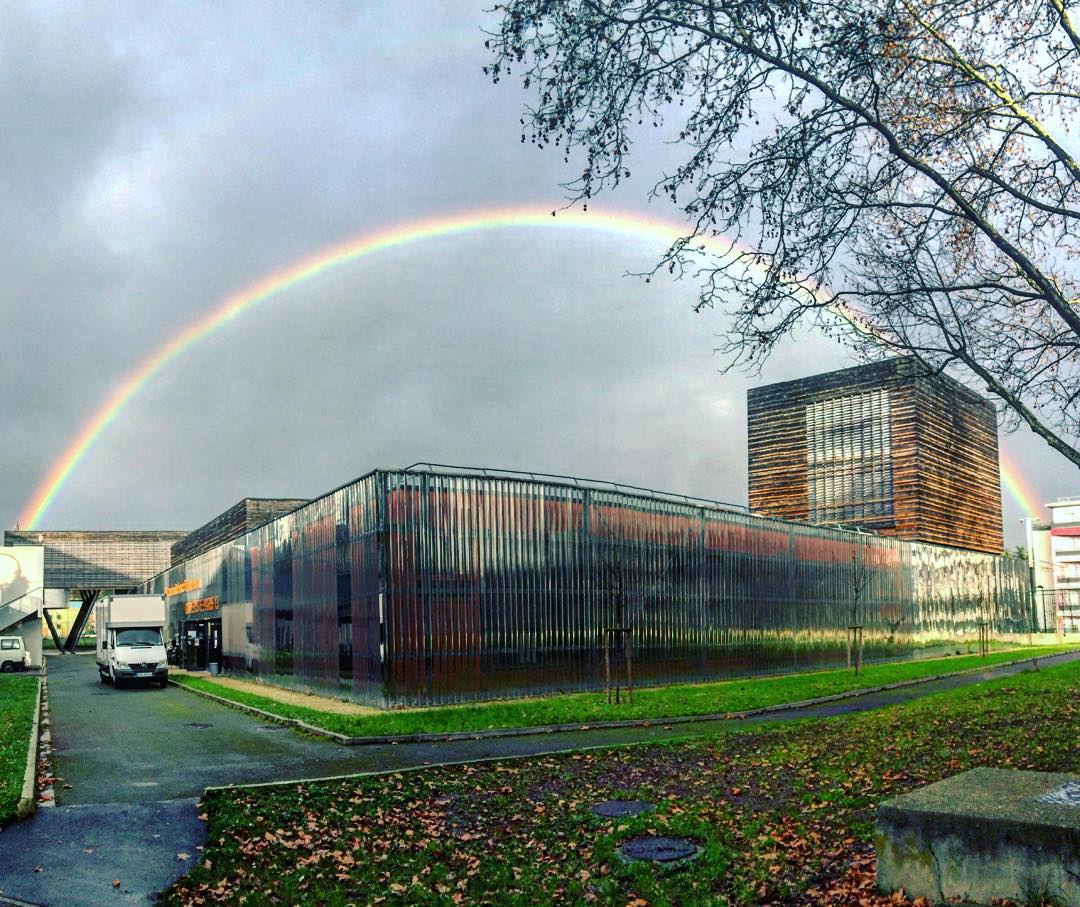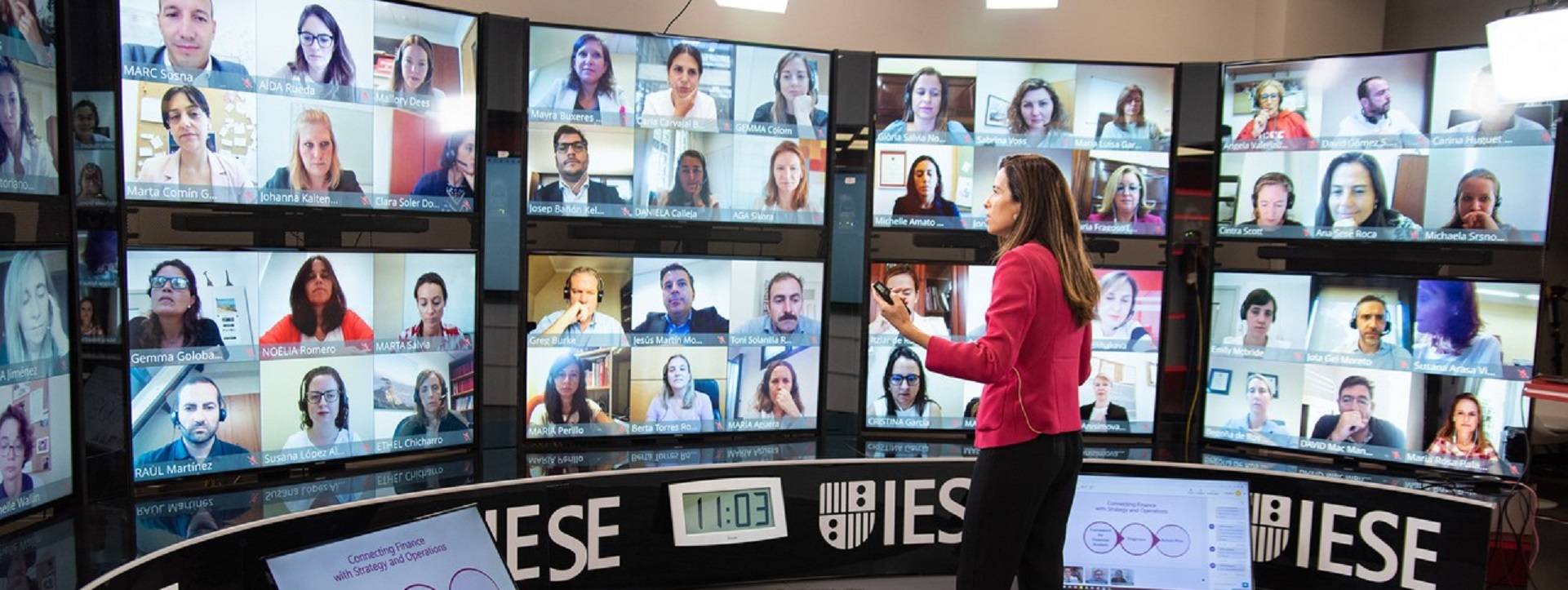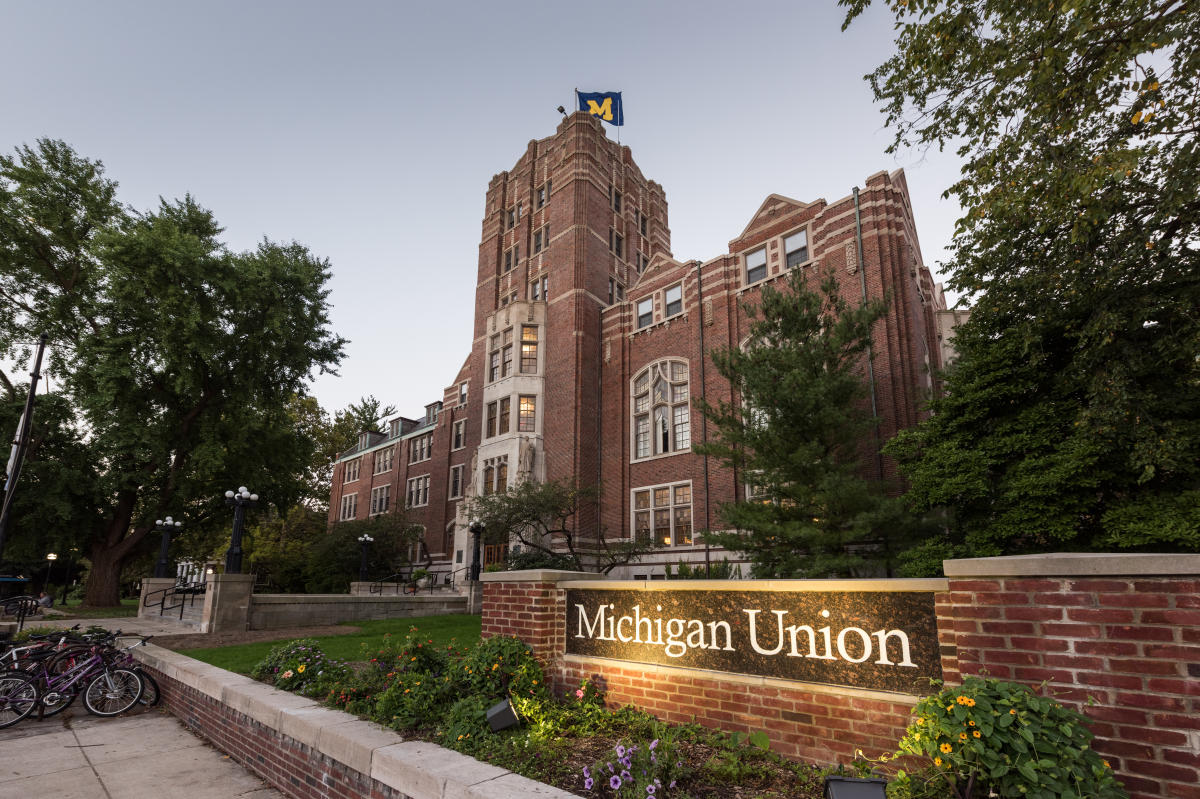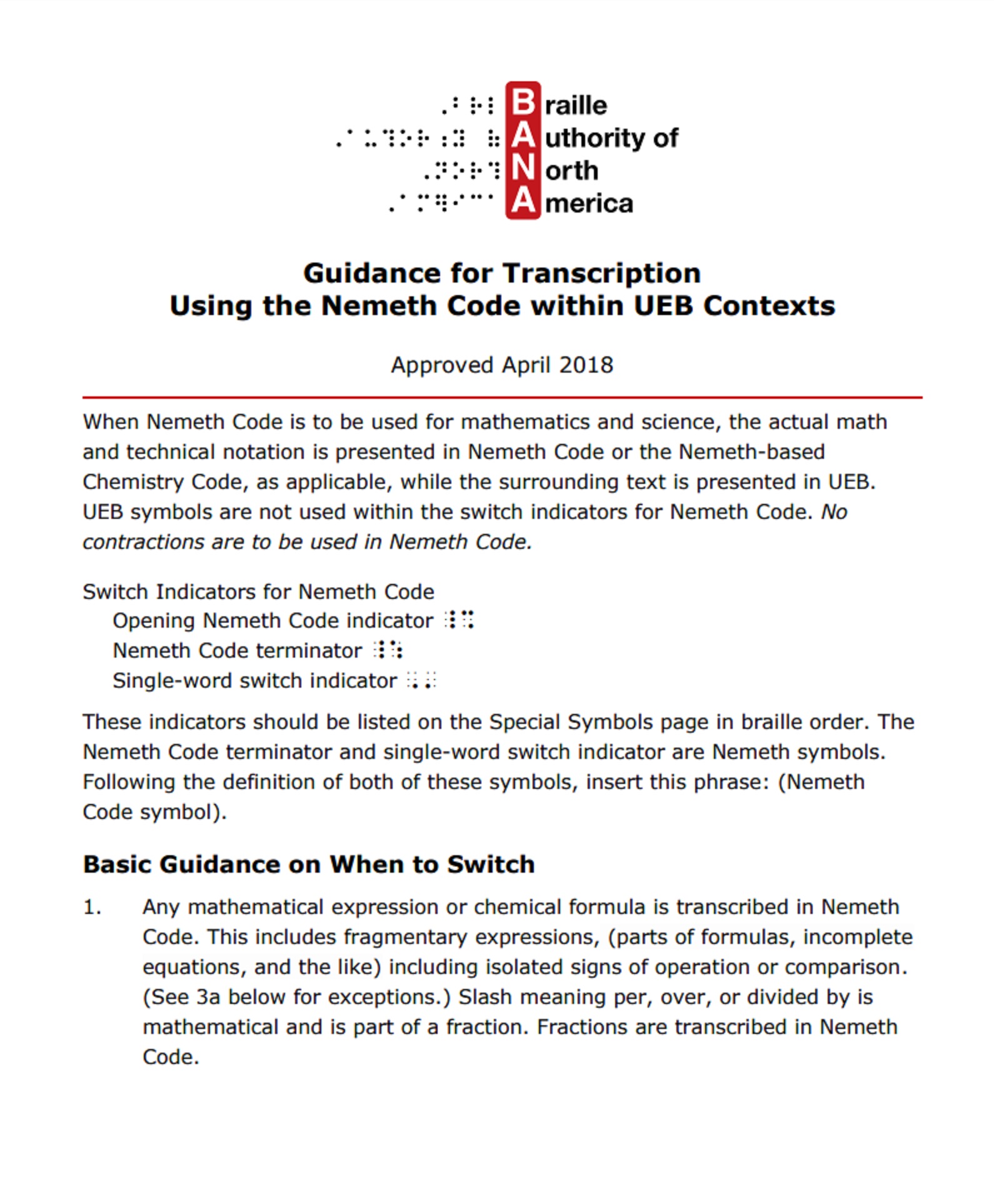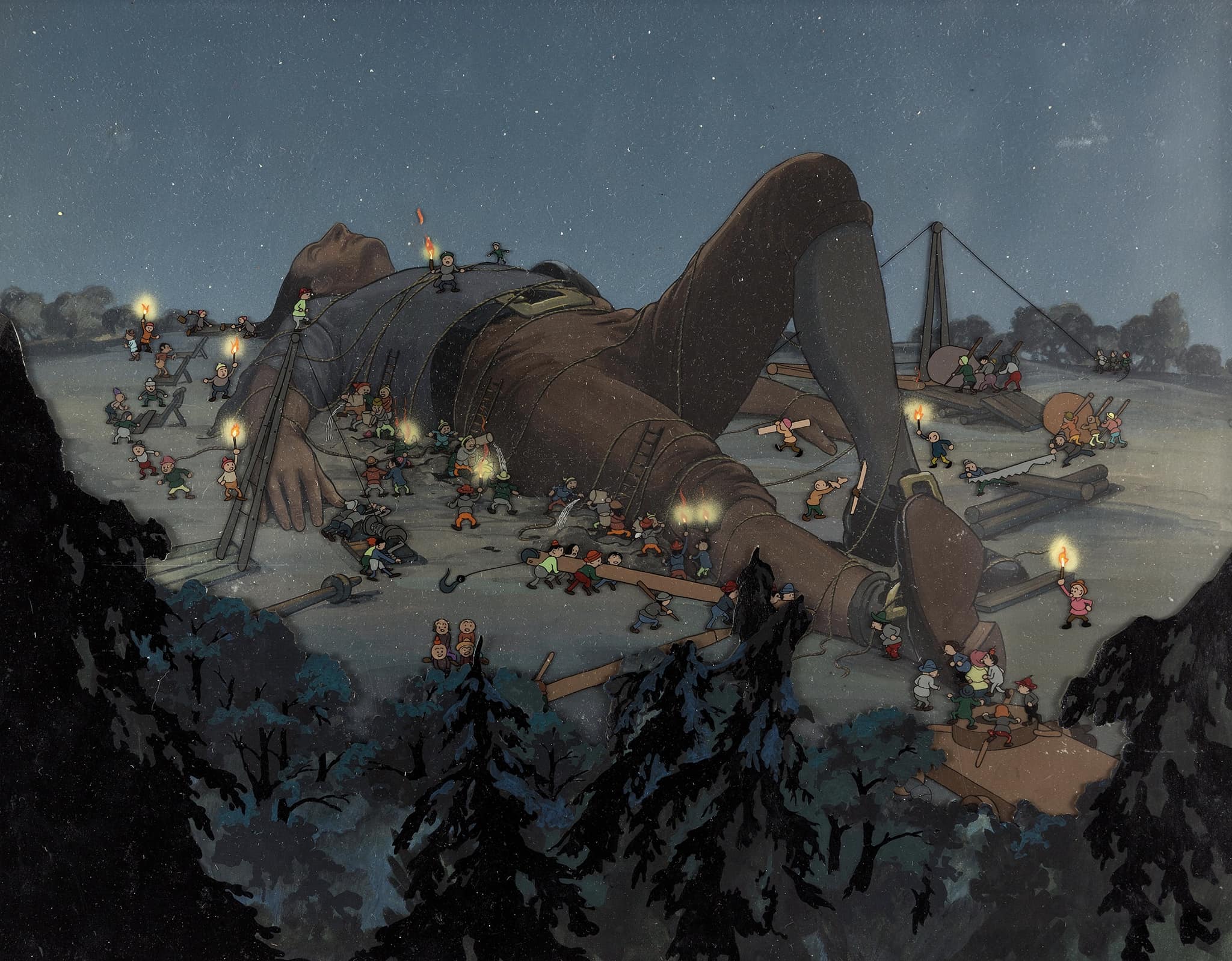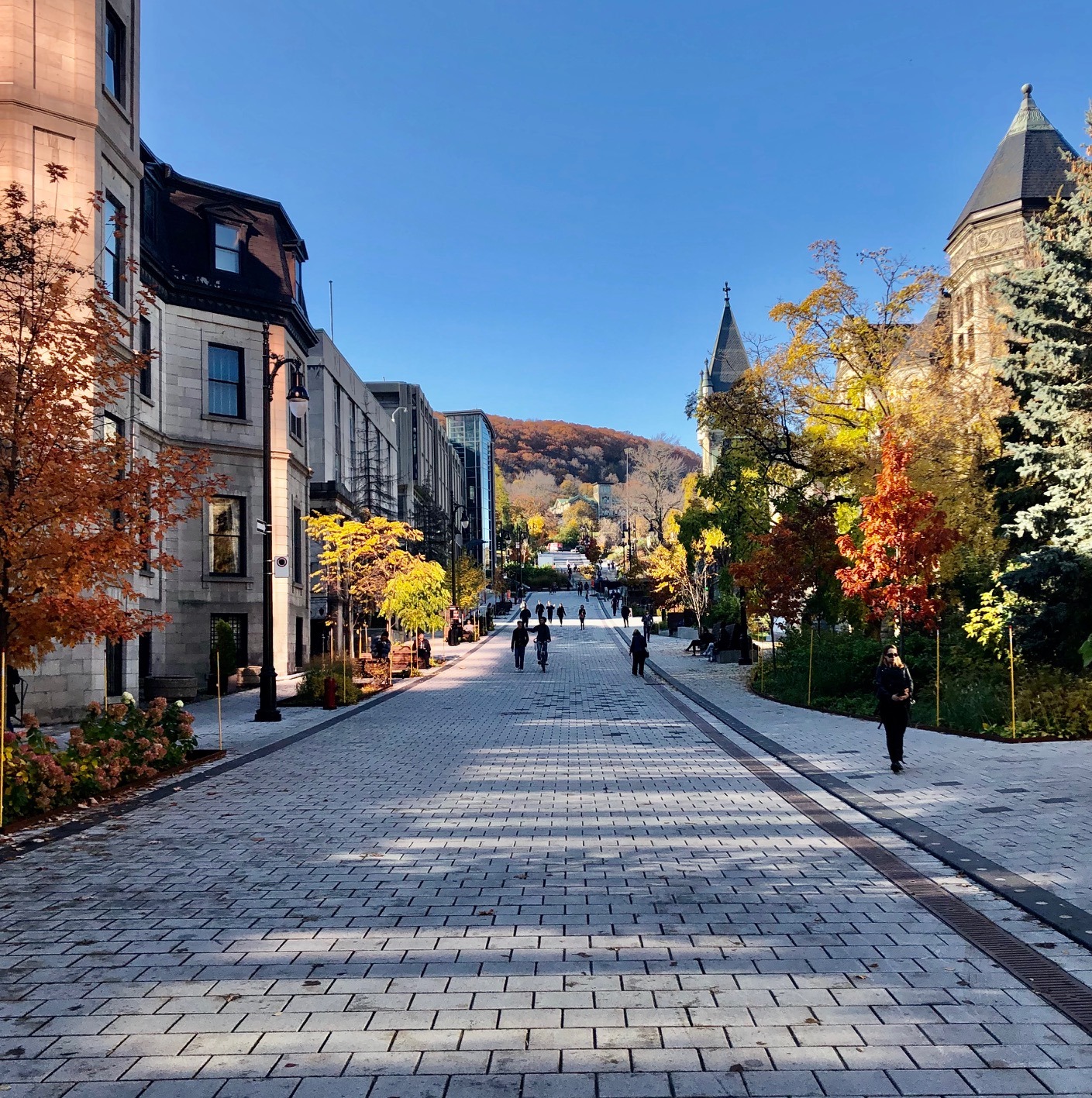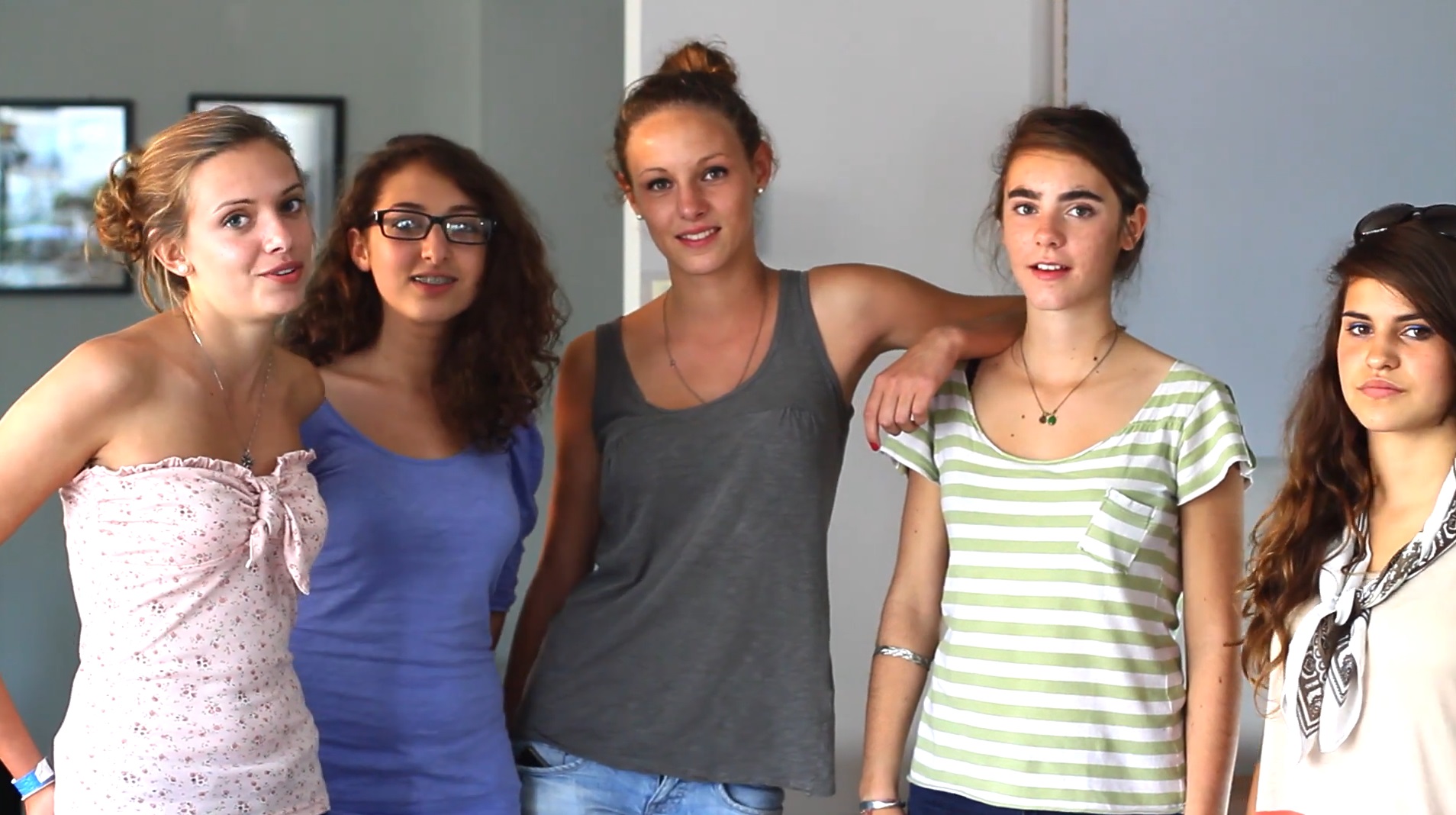Category Archives: Language
- Home
- Archive by category "Language" (Page 3)

Le café infusé à froid expliqué
“An alleged scientific discovery has no merit
unless it can be explained to a barmaid.”
“Radio Transformations” 1906, Ernest Rutherford
Financial Statements 2023 | ($-14.834 M) Deficiency excess of revenue over expenses
Art & Science of Cold Brew & Why
'Girls tell about their time at Canadian College of English Language'https://t.co/SKYf5gNZLXhttps://t.co/fsQaxC1L69 pic.twitter.com/FBywkbB1BY
— Standards Michigan (@StandardsMich) July 1, 2024
McGill figure parmi les meilleures universités du monde. 🌎 Classée 27e au palmarès 2025 du Center for World University Rankings, elle se situe dans le top 0,2 % des 21 462 établissements évalués
➡️https://t.co/4YLh3B1sWN pic.twitter.com/ZpQUShTsFD
— McGill University (@mcgillu) June 4, 2025
Electropedia: The World’s Online Electrotechnical Vocabulary
Public consultation on joint ISO standard 80000 that defines quantities and units for space, time, thermodynamics, light, radiation and even the characteristic numbers for each of the foregoing closes October 11th.
Electropedia is produced by the world’s peak electrotechnical standardization organization that oversees 214 technical committees that provide a neutral and independent platform where agreement can be found on electrotechnical solutions with global relevance and reach. The IEC operates close-coupled with the European Committee for Electrotechnical Standardization (CENELEC)
International Electrotechnical Commission | CDV Consultations
Received Pronunciation
Come see ‘Pygmalion’ this weekend at Arno Gustin Hall on campus! University of Mary students bring this classic to life in a riveting weekend of performances. 🎬
Showtimes:
Friday – 7:00pm
Saturday – 2:00pm & 7:00pm
Sunday – 2:00pm#Lifeatmary pic.twitter.com/5w5MnEWk4K— University of Mary (@umary) March 21, 2025
Use Case: Julia Programming Language for Artificial Intelligence
Julia is a programming language that has gained popularity in the field of artificial intelligence (AI) and scientific computing for several reasons.
High Performance: Julia is designed to be a high-performance language, often compared to languages like C and Fortran. It achieves this performance through just-in-time (JIT) compilation, allowing it to execute code at speeds close to statically compiled languages. This makes Julia well-suited for computationally intensive AI tasks such as numerical simulations and deep learning.
Ease of Use: Julia is designed with a clean and expressive syntax that is easy to read and write. It feels similar to other high-level languages like Python, making it accessible to developers with a background in Python or other scripting languages.
Multiple Dispatch: Julia’s multiple dispatch system allows functions to be specialized on the types of all their arguments, leading to more generic and efficient code. This feature is particularly useful when dealing with complex data types and polymorphic behavior, which is common in AI and scientific computing.
Rich Ecosystem: Julia has a growing ecosystem of packages and libraries for AI and scientific computing. Libraries like Flux.jl for deep learning, MLJ.jl for machine learning, and DifferentialEquations.jl for solving differential equations make it a powerful choice for AI researchers and practitioners.
Interoperability: Julia offers excellent interoperability with other languages, such as Python, C, and Fortran. This means you can leverage existing code written in these languages and seamlessly integrate it into your Julia AI projects.
Open Source: Julia is an open-source language, which means it is freely available and has an active community of developers and users. This makes it easy to find resources, documentation, and community support for your AI projects.
Parallel and Distributed Computing: Julia has built-in support for parallel and distributed computing, making it well-suited for tasks that require scaling across multiple cores or distributed computing clusters. This is beneficial for large-scale AI projects and simulations.
Interactive Development: Julia’s REPL (Read-Eval-Print Loop) and notebook support make it an excellent choice for interactive data analysis and experimentation, which are common in AI research and development.
While Julia has many advantages for AI applications, it’s important to note that its popularity and ecosystem continue to grow, so some specialized AI libraries or tools may still be more mature in other languages like Python. Therefore, the choice of programming language should also consider the specific requirements and constraints of your AI project, as well as the availability of libraries and expertise in your development team.
We present a use case below:
A Julia Module for Polynomial Optimization with Complex Variables applied to Optimal Power Flow
Julie Sliwak – Lucas Létocart | Université Sorbonne Paris Nord
Manuel Ruiz | RTE R&D, Paris La Défense
Miguel F. Anjos | University of Edinburgh
ABSTRACT. Many optimization problems in power transmission networks can be formulated as polynomial problems with complex variables. A polynomial optimization problem with complex variables consists in optimizing a real-valued polynomial whose variables and coefficients are complex numbers subject to some complex polynomial equality or inequality constraints. These problems are usually directly expressed with real variables. In this work, we propose a Julia module allowing the representation of polynomial problems in their original complex formulation. This module is applied to power system optimization and its generic design enables the description of several variants of power system problems. Results for the Optimal Power Flow in Alternating Current problem and for the Preventive-Security Constrained Optimal Power Flow problem are presented.
CLICK HERE to order complete paper
The Seven Sins of Greenwashing
“Eco-friendly”, “Green”, “Bio”… Companies are increasingly using those tags as a signal to consumers of their environmental awareness. Yet also on the rise is a public concern about potential corporate lies in this subject, a phenomena labelled as “greenwashing”.
According to IESE professor Pascual Berrone, “many companies highlight one green positive aspect of their product or service, and hide the true impact that its production has on the environment”. With more and more NGO’s act as public watchdogs, “the consequences of getting caught can be, in terms of reputation but also economically, severe”, he says.
Naming & Signs
ANSI Z535.2-2023: Environmental and Facility Safety Signs
Consistency with Institutional Branding
- Signage must align with the educational institution’s brand identity, including logos, colors, and typography (e.g., Helvetica font is often specified, as seen in some university standards).
- Corporate logos are typically prohibited on primary exterior signage to maintain institutional focus.
Compliance with Local Zoning and Building Codes
- Signs must adhere to municipal zoning regulations, which dictate size, height, placement, and illumination (e.g., NYC Building Code Appendix H or similar local codes).
- Permits may be required, and signage must not obstruct traffic visibility or pedestrian pathways.
ADA Accessibility Requirements
- Exterior signs identifying permanent spaces (e.g., entrances or exits) must meet Americans with Disabilities Act (ADA) standards, including visual character requirements (legible fonts, sufficient contrast).
- Tactile signs with Braille are required at specific locations like exit stairways or discharge points, per the U.S. Access Board guidelines, though not all exterior signs need to be tactile.
Wayfinding and Identification Functionality
- Signs should clearly identify buildings, provide directional guidance, and include essential information (e.g., building names, departments, or campus districts).
- Placement is typically near main entrances, limited to one per building unless otherwise justified.
Material and Durability Standards
- Materials must be weather-resistant and durable (e.g., extruded or cast aluminum with finishes like natural or dark bronze, avoiding plastic in some cases).
- Maintenance considerations ensure longevity and legibility over time.
Size and Placement Restrictions
- Size is often regulated (e.g., no larger than necessary for legibility, with some institutions capping temporary signs at 32 square feet).
- Placement avoids upper building portions unless in urban settings or campus peripheries, ensuring aesthetic harmony.
Approval and Review Processes
- Exterior signage often requires review by a campus design or sign committee (e.g., a university’s Design Review Board).
- For partnerships or donor-funded buildings, a Memorandum of Understanding (MOU) may govern signage rights and standards.
Safety and Visibility Standards
- Signs must not create hazards (e.g., minimum clearance of 7.5 feet above walkways, no sharp edges).
- Illumination, if allowed, must comply with safety codes and enhance visibility without causing glare or distraction.
Temporary Signage Regulations
- Temporary signs (e.g., banners or construction signs) have time limits (e.g., 30-90 days per year) and must be approved, with size and frequency restrictions. The National Electrical Code Article 590 covers temporary wiring for festoon illumination and defines “temporary” as 90 days.
Somewhat Related:
University of Michigan Naming Policy Guideline
Michigan State University: Building and Facilities Naming
University of Buffalo Naming Guidelines
University of Vienna: Analyzing wayfinding processes in the outdoor environment
Unified English Braille
A big misconception about blindness is that a blind person only sees pitch black.
In reality, blindness is a spectrum. This is a series of examples of how differently visually impaired people see.
[📹 Blind on the Move]pic.twitter.com/EcljDkNDfN
— Massimo (@Rainmaker1973) June 30, 2024
Gulliver visits the Great Academy of Lagado
In Irish author Jonathan Swift’s 1726 satire — “Gulliver’s Travels” — Lagado is the capital of Balnibarbi whose king had invested a great fortune on building an “Academy of Projectors” so that it shall contribute to the nation’s development through research.
Gulliver describes pointless experiments conducted there — trying to change human excretion back into food, trying to extract sunbeams out of cucumbers, teaching mathematics to pupils by writing propositions on wafers and consuming them.
“None are so blind as those who refuse to see” is a proverbial expression that has been used by many authors and public figures throughout history. The exact origin of the phrase is unknown, but it has been attributed to various sources, including the Bible, where Jesus says, “For judgment I am come into this world, that they which see not might see; and that they which see might be made blind” (John 9:39, King James Version).
The phrase has also been attributed to Jonathan Swift, an Irish author and satirist, who wrote in his 1738 work,
“Polite Conversation”: “Blind, sir? I see every day where Lord M– goes upon the bench without his bag, and you tell me he is not blind?”.
However, it is possible that the phrase existed prior to Swift and was simply popularized by him.
Internet Archive: Gulliver’s Travels
Frenglish
CSA Group: Product Certification & Standards Development
CSA Group Z243.200:92 (R2021) Canadian keyboard standard for the English and French languages
McGill Endowment Fund Annual Report 2023 | $1.9B
Historical Epistemology | Michel Foucault
Canadian Parliament Debate on Standards Incorporated by Reference
New update alert! The 2022 update to the Trademark Assignment Dataset is now available online. Find 1.29 million trademark assignments, involving 2.28 million unique trademark properties issued by the USPTO between March 1952 and January 2023: https://t.co/njrDAbSpwB pic.twitter.com/GkAXrHoQ9T
— USPTO (@uspto) July 13, 2023
Standards Michigan Group, LLC
2723 South State Street | Suite 150
Ann Arbor, MI 48104 USA
888-746-3670


